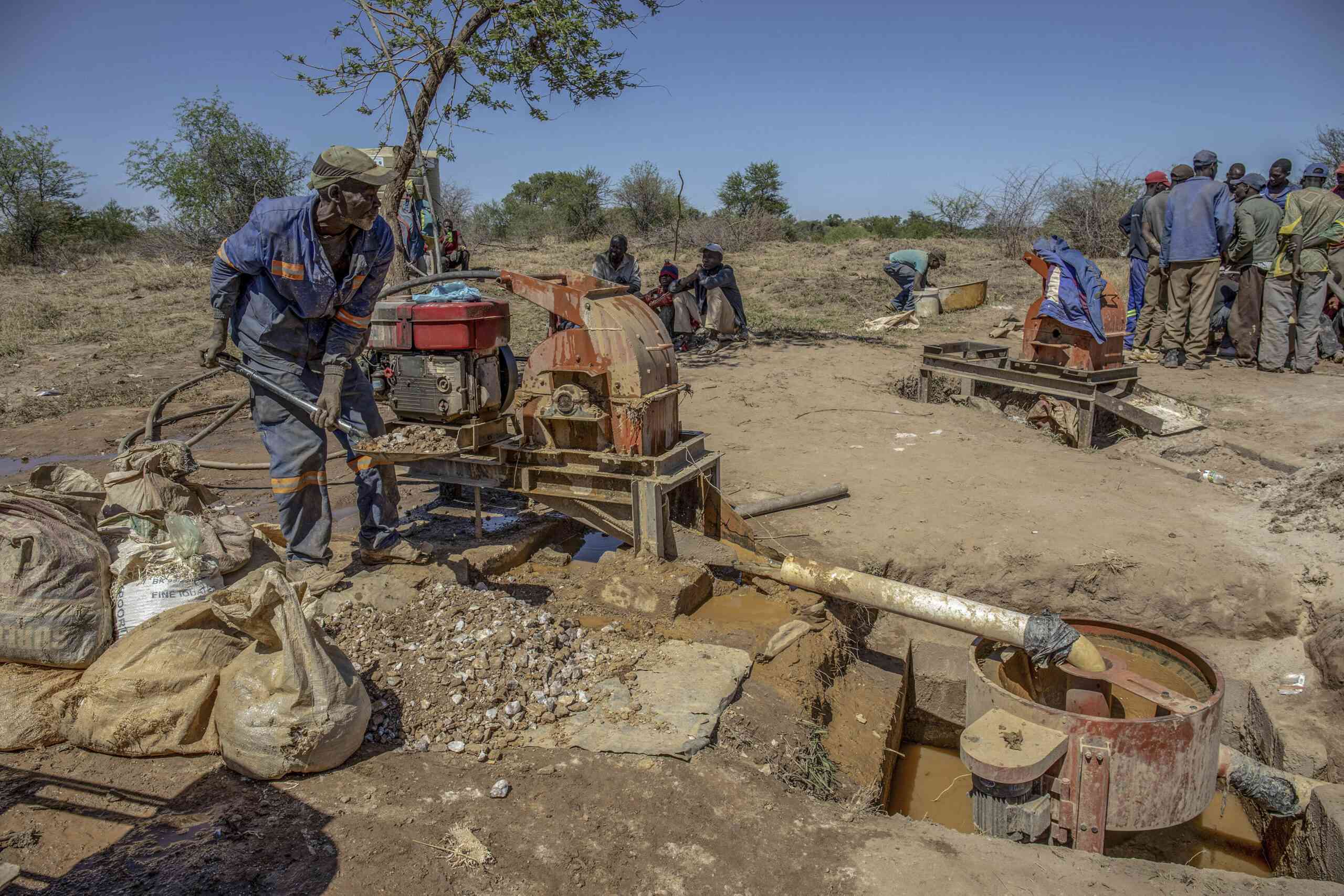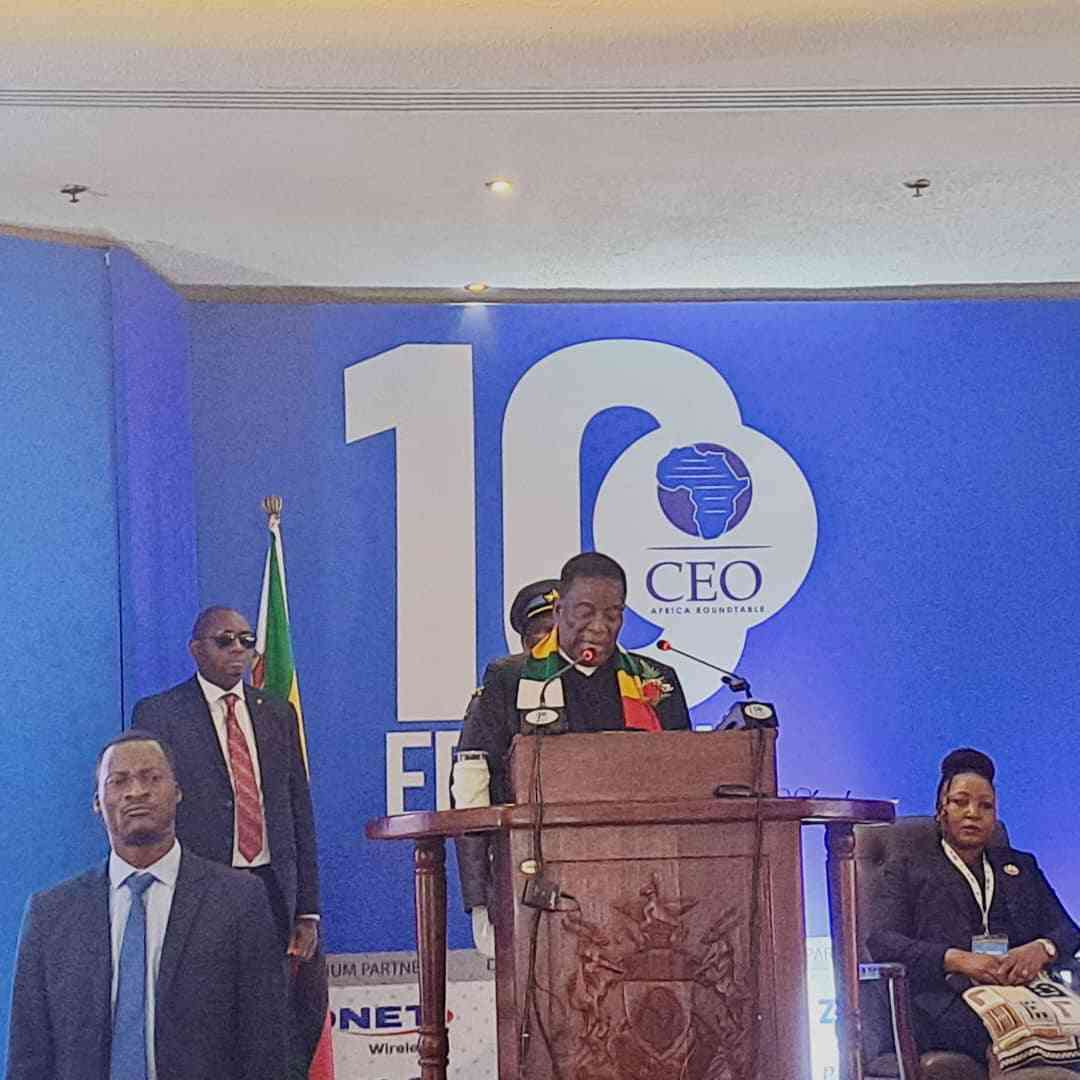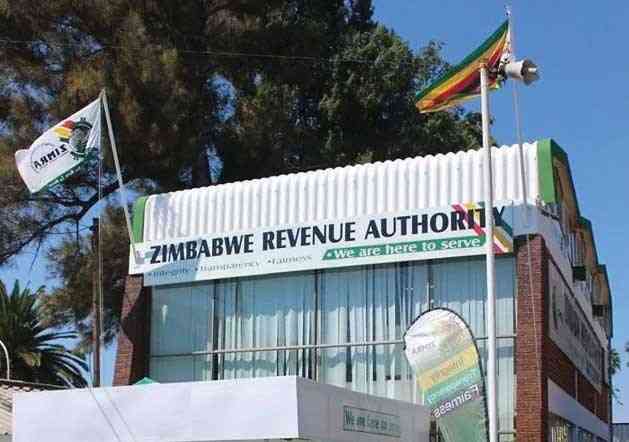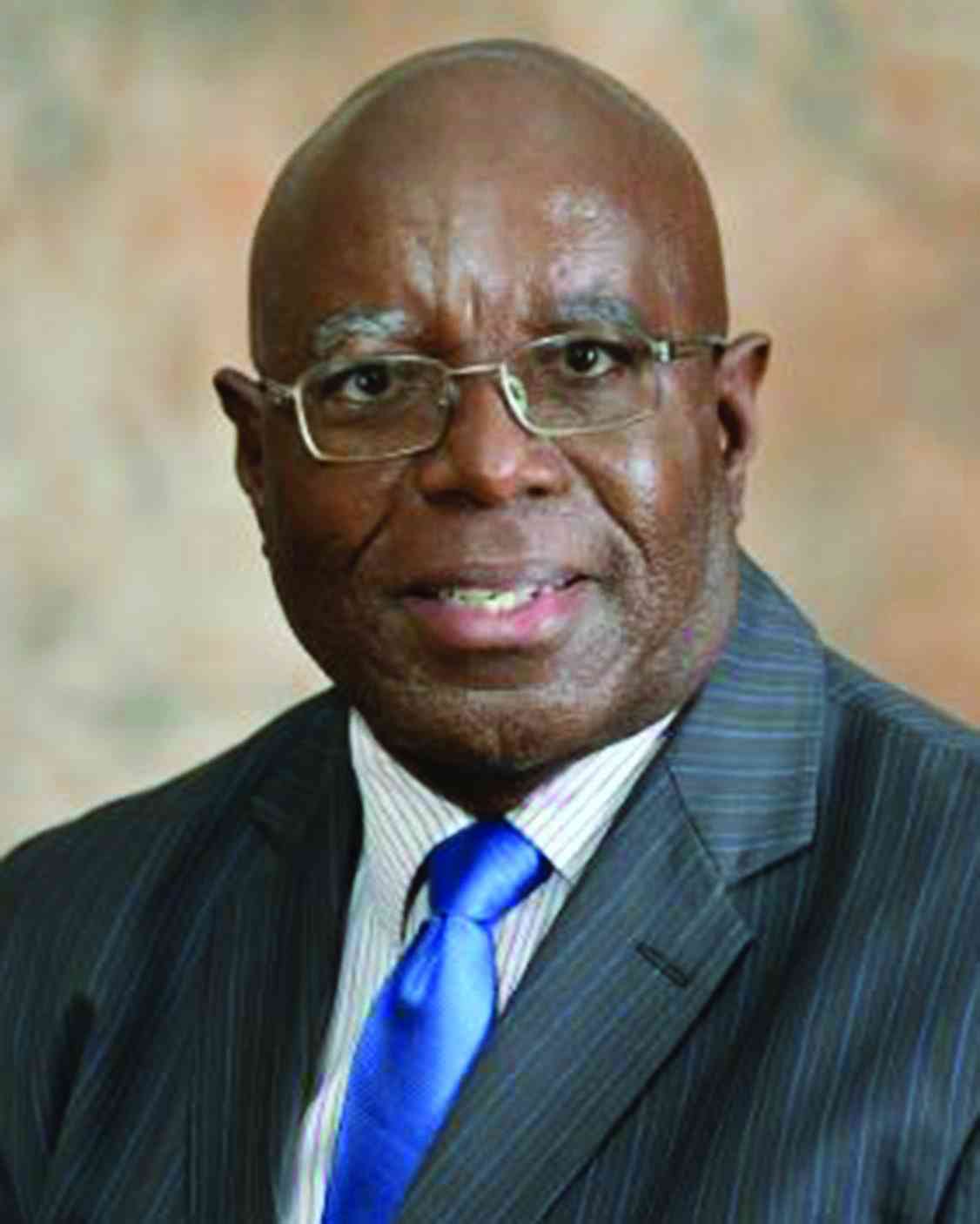
BUY Zimbabwe founder Munyaradzi Hwengwere says the government should create conditions and policies that can help manufacturers increase productivity for them to compete in the African Continental Free Trade Area (AfCFTA).
The AfCFTA encourages African countries to focus on producing goods locally to export across the continent with little to no tariffs.
However, only a third of the local manufacturers are ready to compete in the big market, according to a recent study by the Confederation of Zimbabwe Industries.
“What is important for Zimbabweans to realise is that we are now part of AfCFTA. Africans have said do not import materials from China and then take money from Africans, you must produce in Zimbabwe,” Hwengwere said in an interview.
“There is a certification that will be used to prove that this product was wholly made in Zimbabwe or substantially altered in Zimbabwe. AfCFTA will only help companies that manufacture their own products.”
He said local manufacturing companies needed to benchmark their products according to regional standards to avoid Zimbabwe becoming a market rather than an exporter.
“What is important right now is to create conditions and policies that make sure that we increase the level of productivity of the manufacturing sector in Zimbabwe, define our quality better, and benchmark against Zambia, DRC (Democratic Republic of Congo), and Egypt,” Hwengwere explained.
He said exporters needed to make sure that product quality and environmental sustainability matched with continental standards.
- A dispassionate look into StanChart’s Zimbabwe exit
- Govt committed to support local manufacturing industry
- Govt committed to support local manufacturing industry
- Feature: Zim needs to shift its trade matrix
Keep Reading
“If there are gaps, we need to identify what we need to do while understanding that we are already too late. The issue is about competitiveness because we use the US dollar, and it is one of the world’s most needed currencies,” Hwengwere added.
Economic expert Prosper Chitambara noted that local manufacturing companies still had a lot of work to do to enhance competitiveness in their products and productivity.
“Even for the one-third of the businesses that said we are prepared for AfCFTA, I am not sure whether they can sustainably compete with South African products and services or even other countries where their level of competitiveness is much higher than us,” Chitambara said.
“That is a challenge because as a country, we have a huge competitiveness gap. Our levels of productivity are on the lower side compared with other countries in the region, but there are some sectors where we could compete.
“There is a lot of work that we must do to enhance competitiveness in the economy, especially around the issue of tax, the business environment, and the cost of doing business.”
United Kingdom-based economist, Chenayimoyo Mutambasere said Zimbabwe’s ability to join AfCFTA was dependent on macroeconomic factors rather than individual business readiness.
She noted that Zimbabwe needed to do away with or minimise high tariffs on imports and non-tariff barriers, such as quotas, import licences, and technical regulations that hinder trade.
“Unless these factors are addressed in essence, there is no business that is as yet ready to join AfCFTA,” Mutambasere said.
“To join AfCFTA, Zimbabwe would need to address various trade barriers including reducing tariffs on imports from other African countries and eliminating or minimising non-tariff barriers, such as quotas, import licences, and technical regulations that hinder trade.”
She said the country needed to streamline customs procedures and reduce bureaucratic red tape at border crossings to facilitate smoother trade flows within the AfCFTA.
“Zimbabwe would need to improve transportation infrastructure, including roads, ports, and railways, which is essential to enhance connectivity and reduce the costs of transporting goods across borders and enhance trade facilitation measures,” Mutambasere added.
She said this could be done by implementing electronic customs systems and harmonising trade documentation requirements.










